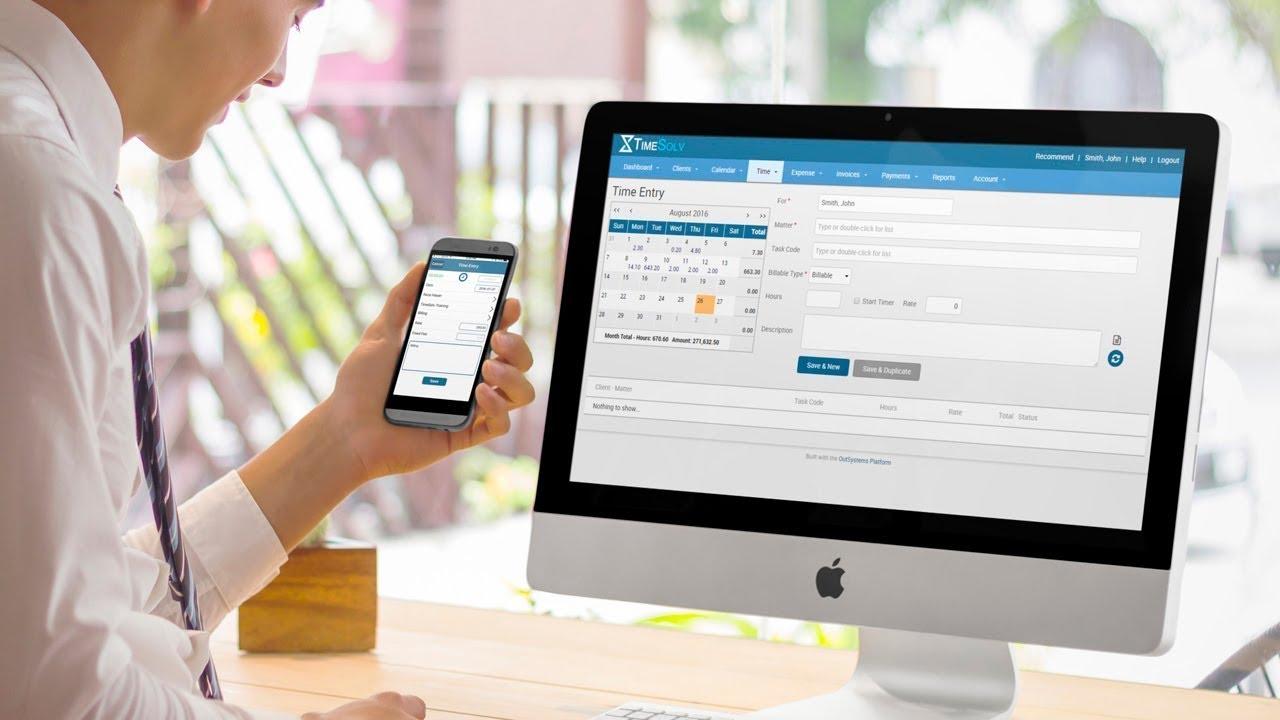The function of creating and sending bills has been catapulted from a back-office administrative task to a strategic component of a company's financial engine. Modern billing and invoicing platforms are no longer just about getting paid; they are central to managing cash flow, ensuring regulatory compliance, and understanding customer behavior. This evolution is creating a highly competitive and innovative sector where software providers are racing to offer the most intelligent, automated, and integrated financial command center.
According to Straits Research, the global billing and invoicing software sector was valued at USD 4.83 billion in 2024 and is expected to grow from USD 5.43 billion in 2025 to reach USD 13.94 billion by 2033, growing at a CAGR of 12.51% during the forecast period (2025-2033). This expansion is directly linked to the increasing complexity of global business. Companies operating across borders require software that can automatically handle multiple currencies, tax calculations (like VAT, GST, and sales tax), and diverse payment methods, making advanced platforms a necessity rather than a luxury.
Global Competitors and Regional Innovations
The competition is global, with players tailoring solutions to specific regional challenges and opportunities.
-
The Enterprise Arena: This segment is characterized by a battle for end-to-end automation.
-
Oracle NetSuite (USA) and SAP (Germany) continue to be dominant forces for large enterprises, offering invoicing as one module within a vast suite of ERP (Enterprise Resource Planning) tools. Their strategy is one of comprehensive integration, ensuring billing data flows seamlessly into general ledger, inventory, and CRM systems.
-
Workday (USA) has strengthened its financial management capabilities, posing a growing challenge to the old guard with its user-friendly cloud-native approach.
-
-
The Specialized Disruptors: A class of companies focused exclusively on solving complex billing challenges.
-
Chargebee (USA/India): With a strong presence in both Silicon Valley and Chennai, Chargebee has become the go-to for SaaS companies and any business with a subscription model. They excel at handling dunning management (failed payment retries), upgrades/downgrades, and one-time charges on top of subscriptions.
-
Recurly (USA) competes directly with Chargebee, focusing on maximizing revenue recovery and reducing churn for subscription-based businesses through advanced analytics and dunning management.
-
-
Regional Compliance Experts: Success in Europe and Asia often hinges on mastering local tax laws.
-
Datev (Germany) holds a strong position in the German-speaking market, offering deeply integrated solutions that comply with the country's strict financial reporting standards, such as the GoBD principles.
-
FreeAgent (UK), acquired by NatWest bank, is popular among UK accountants and small businesses for its meticulous handling of Making Tax Digital (MTD) for VAT, a key government initiative.
-
Critical Trends Reshaping the Industry
Several key trends are guiding development and investment:
-
Automation and Workflow Integration: The focus is on eliminating manual steps. This includes automated payment reminders, approval workflows for large invoices, and rules-based revenue recognition that complies with standards like ASC 606 and IFRS 15.
-
Real-Time Analytics and Reporting: Businesses demand real-time insights into accounts receivable aging, revenue trends, and customer payment performance. Dashboards are becoming more sophisticated, allowing for data-driven decision-making.
-
Enhanced Security and Fraud Prevention: As financial data moves online, platforms are investing heavily in security certifications (like SOC 2) and implementing machine learning algorithms to detect anomalous transactions and prevent payment fraud.
Recent News and Strategic Updates
The industry is constantly abuzz with activity. In a significant validation of the sector's importance, HubSpot announced a major upgrade to its native invoicing and payments tool, aiming to keep users within its CRM platform. Zoho launched its "Zoho Bill" platform in new markets across Southeast Asia, highlighting the region's growth potential. Meanwhile, a recent study highlighted that businesses using automated invoicing software reduce their days sales outstanding (DSO) by an average of 15%, a statistic that continues to drive adoption among CFOs and financial controllers.
Summary
Billing and invoicing software has matured into a sophisticated, intelligent layer of the modern business stack. Its growth is inextricably linked to the demands of global commerce, the subscription economy, and the universal pursuit of operational efficiency. The future points towards even greater automation, deeper embedded finance, and platforms that act as proactive financial co-pilots for businesses navigating an complex economic landscape.



